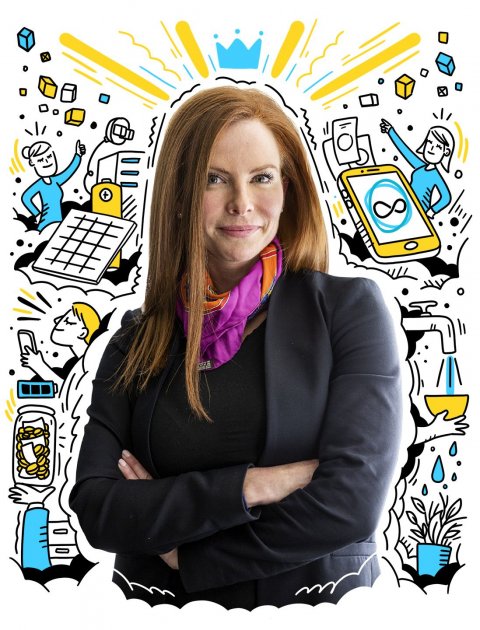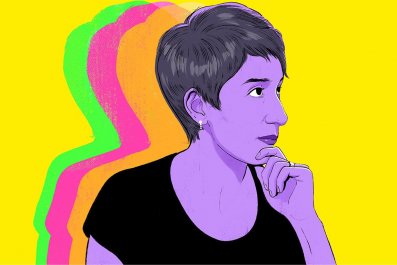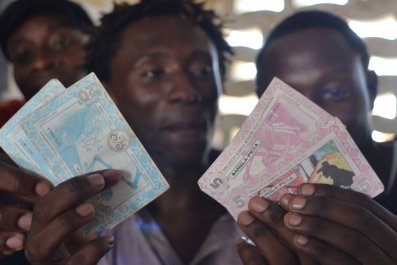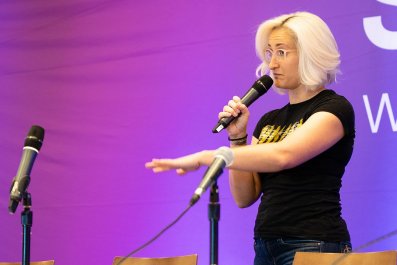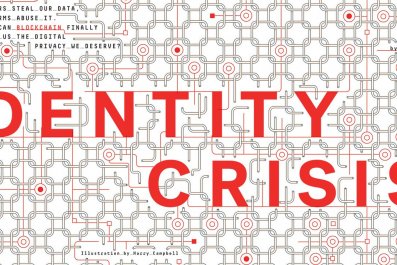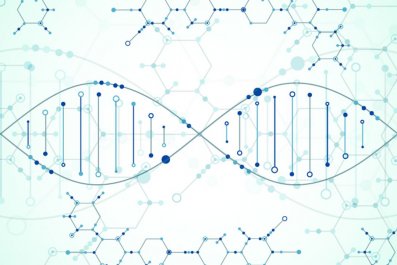
What does renewable energy have to do with poverty and access to the financial system? Plenty, according to Veronica Garcia, who built BitLumens, a Swiss company that uses blockchain to help get people on the power grid, build their credit profiles and reduce carbon emissions.
"We promote energy access and financial inclusion in areas that are not connected to the power grid," Garcia says. "This is because there is a correlation between the areas that are not connected to the power grid and financial access."
The company aims to use blockchain to help build a decentralized power grid that would help end the inefficient and sometimes hazardous use of traditional energy sources, such as candles and kerosene. By doing so, the new grid would lower carbon dioxide emissions, which contribute to climate change. But this grid's effects would go beyond that.
The company allows users to pay for a home solar system through monthly installments and provides them with a credit score. That can, in turn, open the door to getting credit through a bank. This can change the lives of people who live in remote areas and typically do not have a way to build a track record in the financial system, Garcia says.
BitLumens focuses on farmers, shopkeepers or small-business owners to measure the increase in productivity that comes from access to electricity. Women benefit in rural areas of Guatemala (the testing site), Southeast Asia, Colombia and East Africa.
Founded in 2017, BitLumens uses the blockchain along with internet-connected devices equipped with sensors that transmit data. The company also uses a combination of data that is both on and off the blockchain to calculate its credit score, and blockchain provides security and transparency to the system that would not exist otherwise, Garcia says.
The potential influence is enormous. Some 1.2 billion people around the world lack access to electricity. An additional 2.7 billion don't have any access to clean fuel for cooking. And 1.1 billion women are blocked out of the financial system, the company says.
→ Chris Fabian is a technologist who co-founded UNICEF's Innovation Unit in 2006 and leads UNICEF Ventures.
